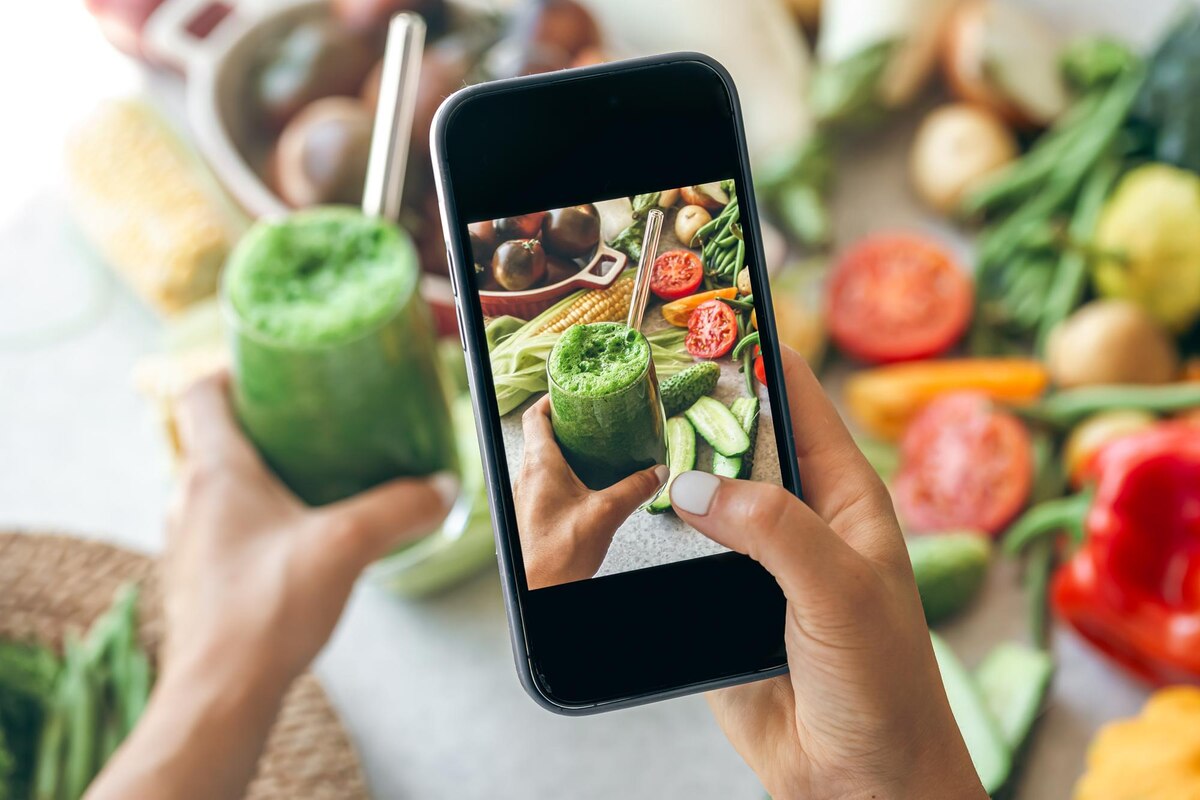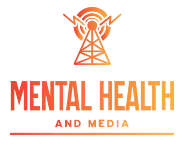In today’s digital age, social media platforms have become powerful tools for promoting nutritional awareness and encouraging healthier lifestyle choices.Read More
One of the most compelling aspects of social media is its visual nature. Platforms like Instagram and Pinterest are built around sharing images and videos, making them ideal for showcasing colorful, appetizing meals and healthy snacks. Food influencers, nutritionists, and chefs can create visually appealing content that captures attention and encourages followers to try new recipes or incorporate healthier ingredients into their diets. Engaging visuals not only attract viewers but also promote the idea that healthy eating can be enjoyable and satisfying. High-quality photos of vibrant salads, wholesome smoothies, and nutritious meals can inspire people to rethink their dietary choices. This visual stimulation fosters a culture of health consciousness, making nutritious food more desirable. Social media is also an excellent platform for sharing educational content related to nutrition. Nutritionists and health professionals often use these platforms to dispel myths, share research findings, and provide practical tips for maintaining a balanced diet. Short videos, infographics, and live Q&A sessions can break down complex nutritional concepts into easily digestible information. For instance, nutritionists can share quick tips on meal prepping, understanding food labels, and incorporating more fruits and vegetables into daily meals. By providing evidence-based information and practical advice, social media can empower individuals to make informed decisions about their dietary habits, ultimately leading to improved health outcomes. Social media fosters a sense of community among individuals who share similar health and nutrition goals. Groups and pages dedicated to specific diets or lifestyle changes, such as veganism, paleo, or keto, create spaces for individuals to share experiences, recipes, and support. This sense of belonging encourages users to stay committed to their nutritional goals and helps combat feelings of isolation that can arise when making significant lifestyle changes. Additionally, social media campaigns and challenges, such as “Meatless Mondays” or “30-Day Healthy Eating Challenges,” motivate users to participate actively in their health journey while connecting with others. This community support can significantly enhance motivation and accountability, making it easier for individuals to stick to their nutritional goals. Influencers play a crucial role in shaping public perceptions of nutrition and health. Many influencers have emerged as credible voices in the health and wellness space, promoting various dietary approaches and healthy lifestyles. Their relatable content and personal stories resonate with followers, making nutrition more approachable. By partnering with registered dietitians and nutrition experts, influencers can share accurate information and dispel common misconceptions about food and nutrition. This collaboration enhances the credibility of the content and ensures that followers receive reliable advice, fostering a culture of informed eating. While social media has the potential to promote nutritional awareness, it also poses challenges. Misinformation can spread quickly, leading to confusion and potentially harmful dietary choices. It is essential for users to critically evaluate the information they encounter and consult credible sources or professionals for guidance. Moreover, the emphasis on appearance and trends can sometimes overshadow the fundamental principles of nutrition. Promoting balance and moderation is crucial to ensure that individuals develop healthy, sustainable eating habits rather than restrictive or fad diets. In conclusion, social media serves as a powerful tool for promoting nutritional awareness and fostering healthier lifestyle choices. Through visually appealing content, educational resources, community engagement, and influential voices, social media can significantly impact public perceptions of nutrition. By navigating the digital landscape thoughtfully and critically, individuals can harness the power of social media to enhance their understanding of nutrition and make informed choices that support their health and well-being.1. Visual Appeal of Nutrition
2. Educational Content and Resources
3. Building Community and Support
4. Engaging Influencers and Advocates
5. Challenges and Considerations
Conclusion




